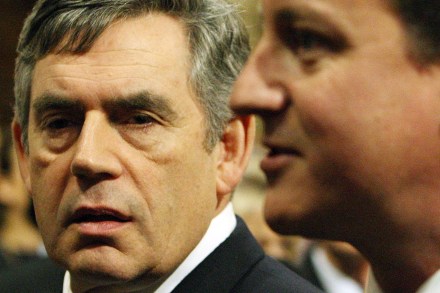Immigration: The BNP are Winning and Britain is Losing
One of the odder aspects of contemporary politics is the amount of attention lavished upon the goons at the BNP. Anyone would think they were about to win the election. But they’re not. Nevertheless, grant Nick Griffin and his pals this: they’ve managed to hijack the debate – such as it is – on immigration. Despite what the media might have you think, there is no party of open borders in this country. Instead both the Tories and the Labour party effectively concede the argument to the BNP. Labour boast that they have immigration “under control” and then the Tories complain that the government isn’t “cracking down” hard enough. The

















